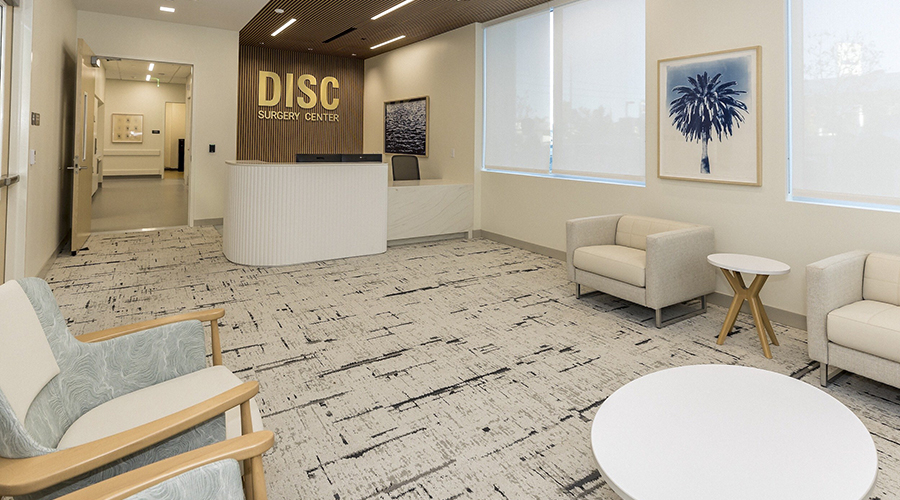Healthcare facilities are expected to run without disruption, as any delay could threaten the very lives of the patients. Reliable power is a key part of this, however, there are times when power supplies get cut off due to outages and the like. In situations like these, healthcare facility managers can switch to a backup power system.
What happens if that too fails, though?
In this manufacturer roundtable, Healthcare Facilities Today spoke with backup power manufacturers about what’s at stake if the backup systems fail and what healthcare facilities managers can do to ensure reliability.
What’s at stake if a backup power system fails in a healthcare environment, and how can facilities ensure reliability and peak performance under pressure?
“Failure of backup power in healthcare can lead to life-threatening situations, equipment damage and regulatory non-compliance. To ensure reliability, facilities should implement rigorous testing, preventive maintenance and have contingency plans, including rental power options.”
— Richard Sizemore, Business Development Manager, North America, Aggreko
“Uptime is a must in healthcare environments; patient lives depend on it. The consequences of failure are significant. There is risk to patients, damage to sensitive equipment, loss of critical IT and medical records systems, legal and regulatory non-compliance and potential liability, increased insurance premiums and more at stake.
Ensuring the peak performance of your backup power system requires a multi-faceted approach. Education and training for facility teams is a critical need. There is a shortage of people who know how to test, operate and maintain complex electrical systems and the more people who are trained on your infrastructure, the better you’re positioned to ensure uninterrupted power.
Related Content: Backup Power Keeps Hospitals Operating in Times of Crisis
Further, there are a host of strategies and tools at the ready to ensure always-on power: regular maintenance per NFPA 110 and Joint Commission standards, use of real-time monitoring and predictive analytics to identify and help resolve potential issues, applying intelligent switchgear with generator paralleling for load balancing and quick backup power system transitions, simulation and planning tools to test system resilience under variable load conditions and more.”
— Justin Carron, director of buildings and campuses, Eaton
“You know what's at stake if backup power fails in healthcare? Life—that's the number one concern. Nobody wants the power to go out during surgery or when someone’s in the ICU. And if you’re already running on backup power, the last thing you want is for that to fail too. So yeah, life safety is absolutely the top priority.
But you also have to think about how healthcare facilities are used day to day and in emergencies. During natural disasters or large-scale events, hospitals often serve as strong, resilient infrastructure. They're places people go for evacuation, for treatment, for shelter. So, when backup power fails, it’s not just a risk to patients inside—it affects the whole community. Healthcare facilities are often seen as a cornerstone of support in a crisis and losing that reliability can have a huge impact. That’s just something to keep in mind.”
— Victor Bonachea, expert product owner, ASCO Power Technologies / Schneider Electric
Jeff Wardon, Jr., is the assistant editor of the facilities market.

 AI Adoption on the Rise Among Leaders
AI Adoption on the Rise Among Leaders TriasMD Officially Opens DISC Surgery Center at Tarzana
TriasMD Officially Opens DISC Surgery Center at Tarzana Goshen Health Announces Partnership with Parkview Health
Goshen Health Announces Partnership with Parkview Health Severe Winter Weather: What Healthcare Facilities Must Prioritize
Severe Winter Weather: What Healthcare Facilities Must Prioritize Recovery Centers of America Opens New Facility in Florida
Recovery Centers of America Opens New Facility in Florida